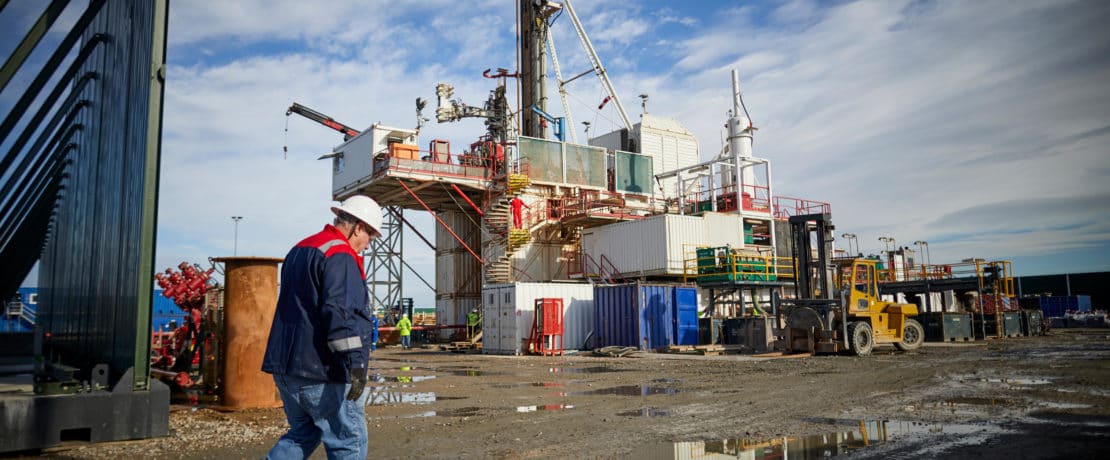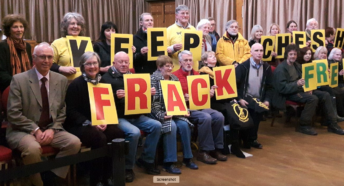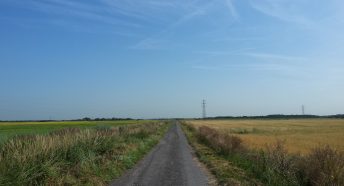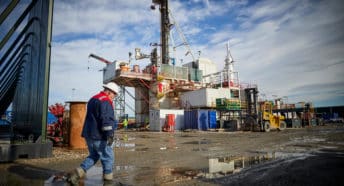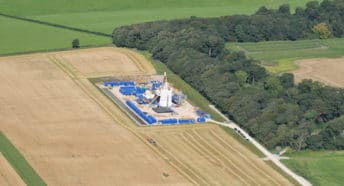CPRE’s view: fracking is not the way to solve the energy crisis
Giving the green light to fracking will not solve the energy crisis – but if carried out at scale, threatens to devastate large swathes of our countryside.
Responding to Prime Minister Liz Truss’s announcement that fracking exploration would be given the green light, CPRE’s director of campaigns and policy, Tom Fyans, commented:
‘Giving fracking the green light is a hideous mistake. If the purpose is to tackle bank busting gas prices, it’s an exercise in futility. Even if we were to go full steam ahead on fracking, which nobody wants, least of all rural communities, it wouldn’t make a dent on the cost of energy anytime soon, or ever.
‘Any move to industrialise the countryside and belch yet more fumes into our carbon-soaked atmosphere will prompt a furious response from local communities, drawn out planning delays and nationwide protests. Hardly a proposal to keep families warm this winter, or lower bills in the future.
‘The new Chancellor got it right in March, when he said fracking “would take up to a decade to extract sufficient volumes — and it would come at a high cost for communities and our precious countryside.” Nothing has changed.
‘Proposals to offer local people discounts on their bills in exchange for environmental destruction on their doorsteps need to be seen for what they are – a feeble attempt to bribe vulnerable rural communities to accept an unpopular, unsafe and polluting process that will destroy their tranquility. Local communities need to make their voices heard loud and clear – they were right to resist before and should continue to do so.
‘The answer to the fossil fuel price crisis is to reduce usage with a mass insulation drive, alongside a clean energy sprint. There has never been a better time to transform our energy infrastructure to ensure a future of abundant green power.
‘Renewables are around nine times cheaper and far quicker to plug in than any alternative. Families facing the biggest drop in living standards on record need renewable energy to become the central pillar of a modernised energy system. And they need it to happen fast.’
CPRE Lancashire, Liverpool City Region and Greater Manchester has worked with the industry and the regulators of shale gas, the Oil and Gas Authority and the Environment Agency since Cuadrilla developed well pads in the Fylde countryside.
The Bowland Shale in Lancashire is so heavily faulted that it cannot be fracked safely. The initial exploratory operations led to seismic events, without Cuadrilla even fracking, which is defined by injection of very high volumes of fluid at very high pressure. Had Cuadrilla fracked there would have been a much more significant seismic measurement. As a result, Cuadrilla handed back the minerals licence and closed its Blackpool office.
Limitations to the way data was collected concerning the monitoring equipment meant the location of the drill head and extent of fissures in relation to faults were unknown in real time. This means the operator was ‘stabbing in the dark’, while the regulation of fracking, which claimed to be in ‘real time’ was not, and consequently it was not fit for purpose, hence the application of a moratorium.
The moratorium was supposed to remain until operators provided clear evidence that the monitoring problems could be overcome, but this has not happened. Rather, the removal of the moratorium appears to be political policy motivated by new Prime Minister who has close ties with the oil and gas industry.
Even if this monitoring problem is resolved, fracking is unviable, as it costs more money to extract than the gas is worth, so is wholly dependent on government subsidy. There would be a need to develop new gas power stations to burn the gas, and if the Government says that fracking would only be used as a ‘transitional energy type’ then this would be entirely in the opposite direction of the widely accepted urgent need to decarbonise. It would represent a waste of money, and a missed opportunity to develop more sustainable energy projects.
Jackie Copley, Planning Director said “We have been open minded about shale exploration, and considered it in the round, but the level of greenhouse gas emissions are high, and locally there is a burdensome environmental cost arising from the very high volumes of water and toxic chemicals involved. The fact operations are unsustainable and unsafe and the regulation proven inadequate leads us to remain opposed to fracking. We recommend the Government invests in clean technology, which is zero carbon and without such harm to our countryside.”
